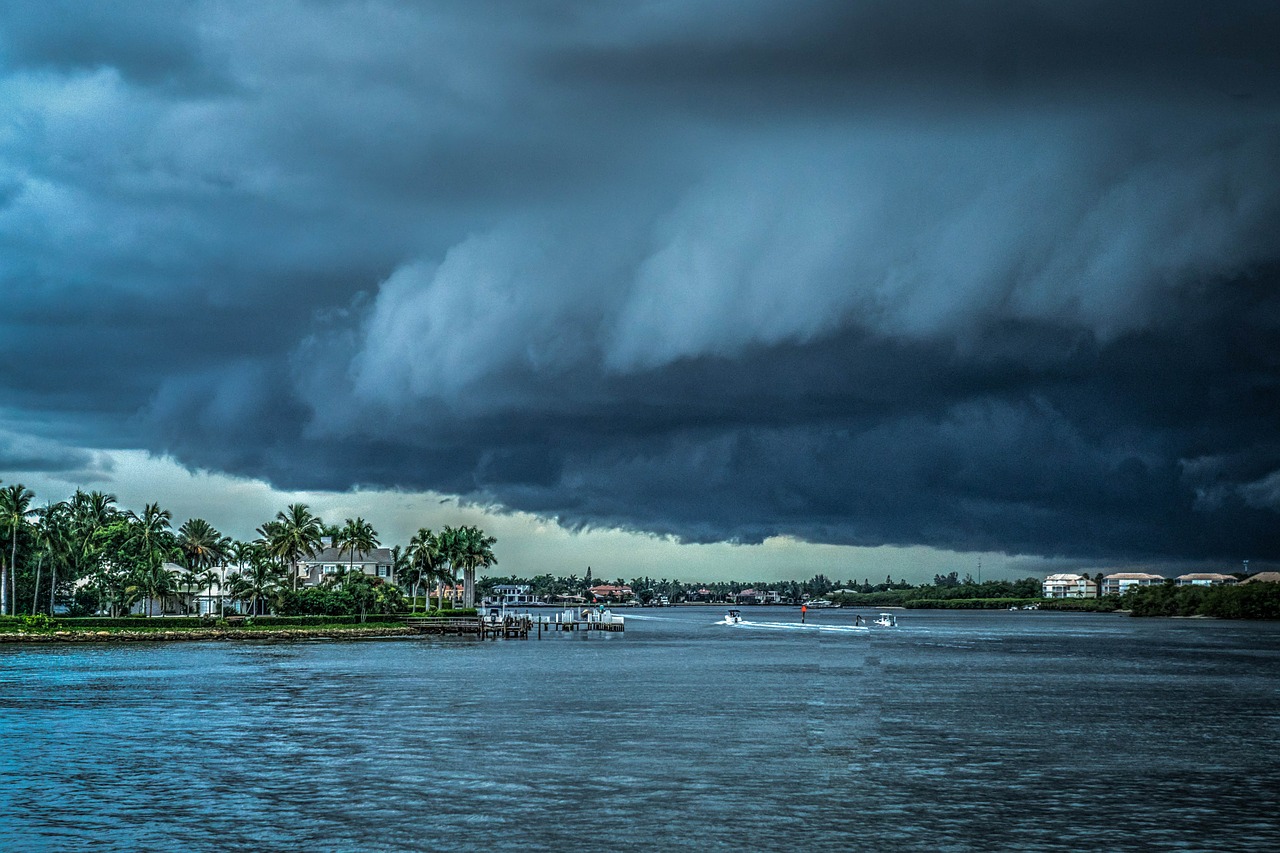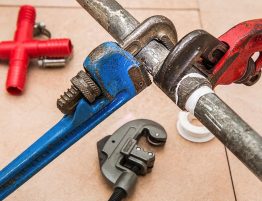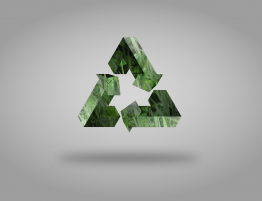
Because of El Niño, this year’s hurricane season has been quieter than usual, but a storm is still a storm… and it’s important to protect your property. With a couple more months left for potential 2015 Atlantic hurricanes, you can take some steps to protect your air conditioner system, and ensure a safe restart after the skies clear.
Before the Storm
While most components of your A/C system are inside your home, your outdoor condenser unit is most vulnerable to violent winds—both as a target and as a projectile. Flying debris can damage the fan and internal components, while the unit itself (which is not as heavy as it looks) could be lifted from its base under the right wind conditions. Securing and protecting the air conditioning condenser is the priority in preparing for a storm.
- Ensure that your condenser unit is installed with appropriate tie-downs, which is currently required by Florida building codes. If you have an older unit, contact a licensed A/C professional to bring your installation up to code.
- Remove yard debris and loose outdoor objects (stow in your garage or shed) that could impact the condenser if lifted by winds.
- Cover the condenser unit with a tarp (which also needs to be tied down) to prevent smaller airborne debris from entering through the openings on the sides and top, which can damage the fan, fins, and internal hardware.
- Cut the power to the system: turn off the A/C at the thermostat and pull the breaker switch to avoid a power surge or electrical short during or as a result of the storm.
After the Hurricane Clears
When the blue skies and warm Florida weather return, your air conditioner needs some inspection and perhaps a little TLC before returning to active duty.
- Verify that power has been restored to your neighborhood, and is stable.
- Check the air conditioner condenser for damage and debris.
- Look for water damage, standing water, or evidence of a lightning strike.
- Even if all equipment (including electrical and refrigerant connections to the house) appear to be intact and undamaged, it is still a good idea to have the system inspected by a licensed A/C professional, particularly after a strong storm or hurricane.
Before and after a storm, make sure your A/C is working at its best. Give us a call 24/7 for emergency repairs or schedule regular maintenance for peace of mind!







